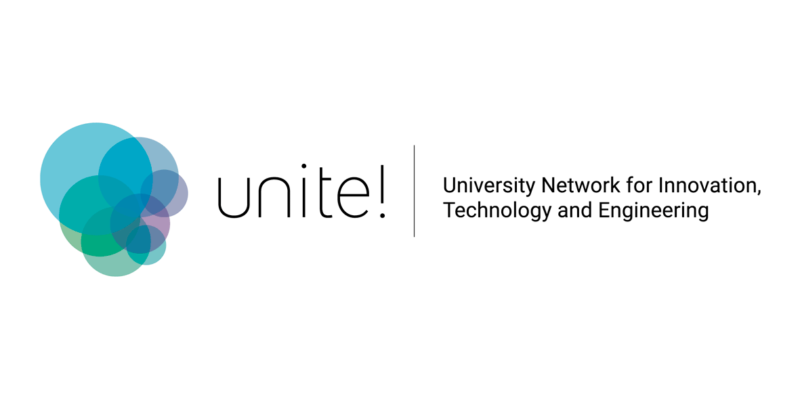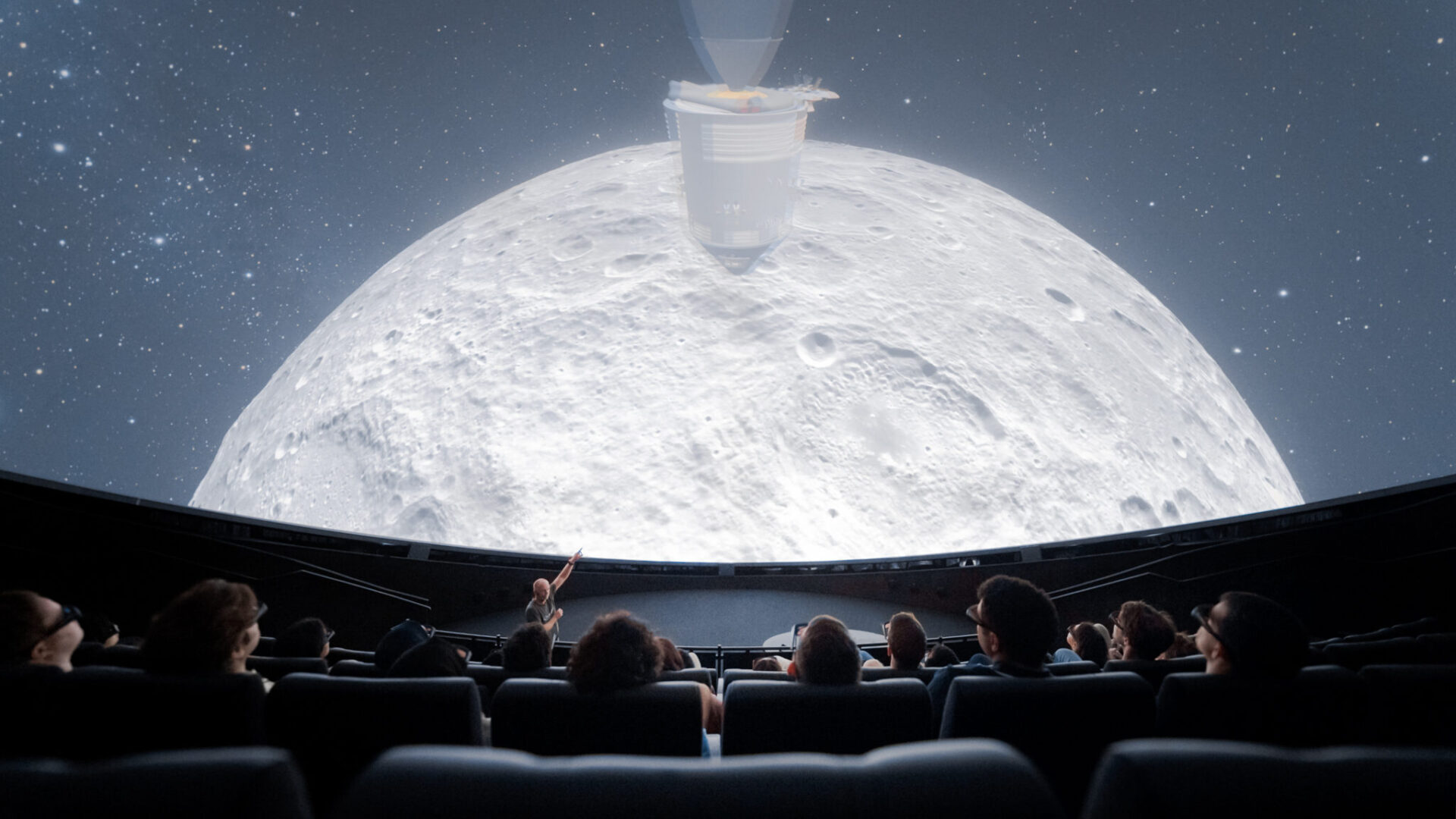Please note that your attention to the following information on this site before applying to the summer school is important.
About the event
Join us for the Joint Summer School on Generative AI 2024, arranged in collaboration with the WASP Research Arenas Media and Language (WARA M&L), Robotics (WARA Robotics), WASP-HS and Unite!.
The theme—Applications and Implications of Deep Generative Models—expands the research horizons by welcoming students from different disciplines. We aim to foster interdisciplinary discussions and evaluate social and ethical aspects of Generative AI.
The program will be a combination of lectures, hands-on experience of central technologies, workshops, student presentations and memorable social activities, such as conference dinner, pitch event and an excursion to the beautiful surroundings of Marmorbruket. This summer school will give you the unique opportunity to explore your research field at the intersection of technology and society, together with new colleagues and friends from WASP, WASP-HS and Unite!.
The Joint Summer School on Generative AI 2024 will be held in the heart of Norrköping’s old town and in the premises of the world-leading digital science center, Visualization Center C, where the week is wrapped up by presentations of student work and reflections in the center’s state-of-the-art 3D visualization dome.
Application is closed, please contact ivana.von.proschwitz@umu.se if you have any questions.
Participant Information
The Summer School is divided into three tracks: Media and Language, Robotics and WASP-Humanity and Society (WASP-HS).
Tracks
WASP students can choose any track, as long as they have the requirements needed for the track.
WASP-HS students can choose any track, as long as they have the requirements needed for the track.
Unite! students are expected to choose Media and Language track.
Read more about requirements further down on this page.
Target Groups
The main target group from WASP Graduate School is Class 2023, however, students from other classes are more than welcome to apply.
All WASP-HS graduate students are expected to apply.
There will be a waiting list in case of high demand for all graduate schools. Read more about registration for Unite! students further down on this page.
Program
| Monday August 12 | |
| 11:00 | Registration – Entrance of the Visualization Center |
| 12:00 | Lunch |
| 13:00 | Welcome and practical information – Ivana von Proschwitz, WARA M&L & Eva Sjöstrand, WASP-HS |
| 13:30 | Inspirational Applications of Gen AI – Guy Gadney, Charisma AI |
| 14:30 | Coffee break |
| 15:00 | Industrial Applications of LLMS – Intel |
| 15:30 | Generative AI projects – Diarmuid Corcoran, Ericsson |
| 16:00 | Prompt Engineering – Richard Johansson, University of Gothenburg |
| 19:00 | Welcome Mingle in the Visualisaton Center with treasure hunt |
| Tuesday August 13 | |
| 9:00 | Bias and Fairness – Hannah Devinney, Umeå University |
| 10:00 | Coffee break |
| 10:30 | Trust – Alexandra Kafka Larsson, Parsd and WASP-HS researchers |
| 12:00 | Lunch |
| 13:00 | Joint Workshop: Analyzing Technologized Interaction in Practice – Mathias Broth, Linköping University and Hannah Pelikan, Linköping University |
| 14:30 | Coffee break |
| 15:00 | Legal Aspects – Katja De Vries, Uppsala University |
| 16:00 | WASP HS – In the wild workplace…practical evaluations of AI technology use – Moa Bursell, Institute for Future Studies, Cinema |
|
WARA Robotics – Introduction to assignment, LiU KO25 |
|
| WARA M&L/Unite! – Introduction to assignment. LiU KO24
|
|
| 17:00 | Student Council Meeting for WASP-HS only, Cinema |
| 19:00 | Pitch event hosted by Navigare Ventures |
| Wednesday August 14 | |
| 09:00 | WASP HS – Critically evaluating technology… how, what, why? Ericka Johnson, Linköping University. LiU KO22 & KO23 |
| 10:15 | Coffee break |
| 10:45 | WASP HS – Examples of radical interdisciplinarity – Ericka Johnson and Miriah Myer, Linköping University, KO22 & KO23 |
| 12:00 | Lunch |
| 13:00 | WASP HS – Critiquing power in tech 1 – Data Feminism, Amir H. Payberah, KTH Royal. LiU KO22 & KO23 |
| 14:45 | Coffee break |
| 15:15 | WASP HS – Critiquing power in tech 2 – Autonomous Design, Tessy Cerratto-Pargman, Stockholm University. LiU KO22 & KO23 |
|
WARA M&L/Unite! – Work on the assignment. LiU KO24 & KO25 |
|
| WARA Robotics – Work on the assignment. LiU KO12 | |
| 19.00 | DOME SHOW: A Walk in Space with Anders Ynnerman |
| 20:00 | Wraps and drinks |
| 20:30 | DOME SHOW: Making Magic |
| Thursday August 15 | |
| 09:00 | Designing differently 1, Sara Ljungblad, Chalmers University of Technology and Gothenburg University. LiU KO22 & KO23 |
| 10:30 | Coffee break |
| 11:00 | Designing differently 2, Sara Ljungblad, Chalmers University of Technology and Gothenburg University. LiU KO22 & KO23 |
| 12:00 | Lunch |
| WARA M&L/Unite! – Work on the assignment. LiU KO24 & KO25 | |
| Deadline for the assignment is 12:00 | |
| WARA Robotics – Work on the assignment. LiU KO12
Deadline for the assignment is 12:00 |
|
| 13:00 | Excursion to Marmorbruket Nature Reserve |
| 19:00 | Conference Dinner at restaurant VY |
| Friday August 16 – Demo day | |
| 09:00 | Introductions & Feedback |
| 09:30 | WARA M&L/Unite! student presentations |
| 10:30 | Coffee break |
| 10:45 | WASP HS presentations |
| 11:30 | WARA Robotic student presentations |
| 12:00 | Lunch |
| End of conference | |
WARA Media and Language
WARA M&L is part of WASP Research Arenas with the mission of building a multidisciplinary ecosystem around Media AI, connecting scientific fields and a diversity of industrial segments.
In this track, students dive into generative AI technologies, especially for text, audio and 3D animation. You will read up on the topic and attend inspiring lectures and workshops, train a generative AI system, and work in groups to use the different technologies to create a short story told by 3D avatars.
After passing this summer-school track, the student will be able to…
- …recount the basic paradigms in deep generative AI and specify how deep generative models differ from regression-based methods
- …discuss different aspects of the evaluation of generative models
- …present nuanced ways of thinking about bias in machine learning, its social impact, and data-ownership ethics
- …name some key legal issues and frameworks for modern machine learning
- …outline how the concept of trust applies to a generative-AI world
- …train and tune a modern generative model on a problem relevant to media and language
In the WARA Media & Language and Unite! track, students will get pre-assignments (reading, system training and online mini quizzes) corresponding to 1.5 ECTS credits, which must be completed individually before the summer school.
After completing the summer school, students will receive 3.0 ECTS credits (pre-assignments included).
Note that these credits do not count towards the 27 credits you are expected to complete in the WASP Graduate School.
Active participation on site in Norrköping is furthermore required to receive credit.
Unite! Speech Language and AI
The Unite! Graduate School of Speech, Language and AI Technologies is an initiative of the European University Alliance for Innovation, Technology and Engineering of nine universities connecting European regions of economic prospect, entrepreneurship and innovation.
 Unite! graduate students from Speech, Language and AI Technologies will work together with the students from WARA Media and Language. The track content, intended learning outcomes, requirements and credits are identical to those listed in the WARA Media and Language section above.
Unite! graduate students from Speech, Language and AI Technologies will work together with the students from WARA Media and Language. The track content, intended learning outcomes, requirements and credits are identical to those listed in the WARA Media and Language section above.
Please refer to that section for all such information; just ignore the remark about credit requirements for the WASP Graduate School.
There is a limited number of spots available for Unite! PhD and MSc students. If registrations exceeds the available number of Unite! spots at the registration deadline, there will be a selection process to distribute spots evenly between Unite! partners. For questions regarding the selection, please contact Olov Engwall, engwall@kth.se.
WASP-HS
The Wallenberg AI, Autonomous Systems and Software Program – Humanity and Society (WASP-HS) is an eleven-year long research program running from 2019-2029. The vision of WASP-HS is to foster novel interdisciplinary knowledge in the humanities and social sciences about AI and autonomous systems and their impact on human and social development.
In this track, students will engage with critical theory and its implications for technology evaluation, exploring methods and theories to approach the societal aspects entangled in generative AI. They will learn about bias and fairness issues related to ML, and the societal impacts of these.
After completing the summer school, students will receive 1.5 ECTS credits (pre-assignments included).
Note that these credits do not count towards the credits you are expected to complete in the WASP-HS Graduate School.
Active participation on site in Norrköping is furthermore required to receive credit.
WARA Robotics
WARA Robotics is part of WASP Research Arenas and was created to explore robot manipulation and navigation technologies in relevant industrial environments, which allows researchers to discover and explore unexpected challenges otherwise invisible.
In this track students will get a landscape understanding of the different existing approaches that employ LLMs as the main reasoning engine for task planning in robotics. We will focus on describing one of the simplest forms which is employing prompt engineering techniques and remote running APIs (e.g., GPT3.5 and GPT4 from OpenAI). The students will get hands-on experience building prompts for these LLMs, compare performances between different models, and learn to parse and to deploy the generated task plans on robot manipulator systems provided by WARA Robotics.
Requirements to take the course:
- Basic knowledge of Python (i.e., creating functions, manipulation of strings, object-oriented programming).
- Bring your own laptop to the event. In case you want to take the course but do not have a laptop, please reach out to the organisers so we can find a solution.
As we do not require background knowledge of robotics, PhD students with different backgrounds are welcomed to join the WARA Robotics track. The goal of the summer school is to provide students the possibility of working on GenAI technologies applied to robotics domains.
This track does not require reading material and studying before the summer school, so students will receive 1.5 ECTS credits for successful participation in this track.
Active participation on site in Norrköping is furthermore required to receive credit.



